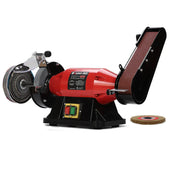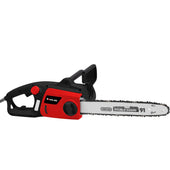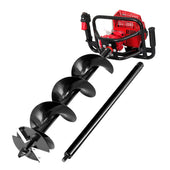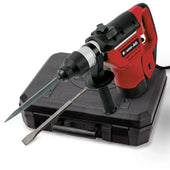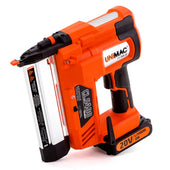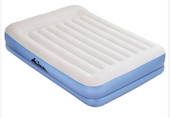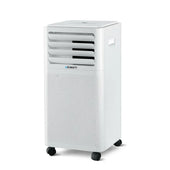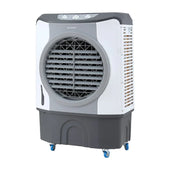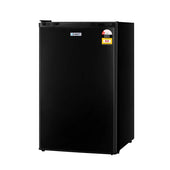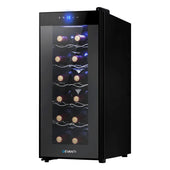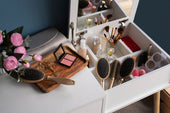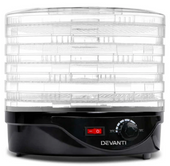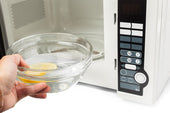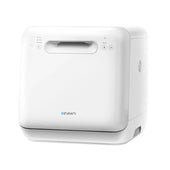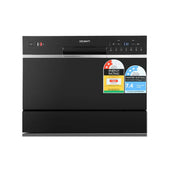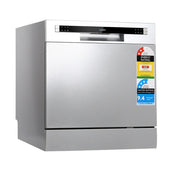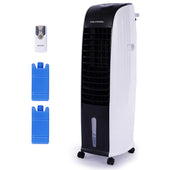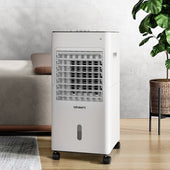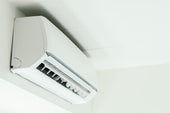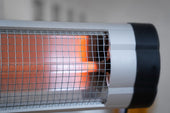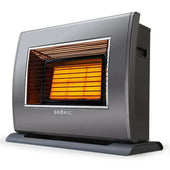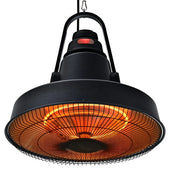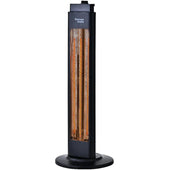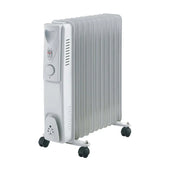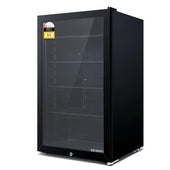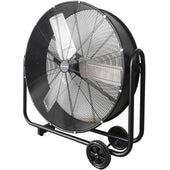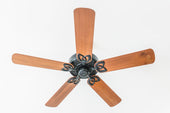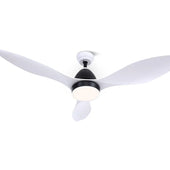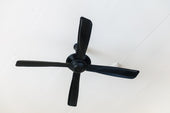Introduction: Elevate Your Musical Journey with the Right Gear
Embarking on a musical journey can be both exciting and overwhelming, especially for beginners. Selecting the right instruments and accessories plays a crucial role in shaping the learning experience, fostering growth, and maintaining motivation. Quality gear, designed for ease of use and durability, helps develop essential skills while avoiding unnecessary frustration.
Certain instruments cater specifically to beginners by offering user-friendly designs and adjustable features. Additionally, the right accessories—like tuners, stands, and picks—enhance practice sessions and performance. By investing in proper equipment, beginners can unlock their creative potential and build a strong musical foundation. Every detail contributes to creating a fulfilling and inspiring journey into music.
Essential Instruments for Beginners: Building a Strong Foundation
Selecting the right musical instruments is pivotal for beginners to build confidence and develop essential skills. Instruments that are easy to learn, yet versatile, provide an ideal starting point.
Popular Starter Instruments:
- Acoustic Guitar: Renowned for its accessibility, portability, and ability to teach core strumming and chord patterns.
- Keyboard: Ideal for rhythm and melody, and helps in understanding musical theory and scales.
- Recorder: A simple wind instrument, perfect for honing breath control and finger coordination.
- Ukulele: Beginner-friendly due to its smaller size, fewer strings, and easy chord structures.
- Digital Drums: Excellent for exploring rhythm and timing in a noise-controlled environment.
Choosing an instrument based on personal interest fosters dedication and enjoyment during the learning process.
String Instruments Every Musician Should Explore
String instruments offer rich tones and remarkable versatility, making them a vital starting point for any aspiring musician.
- Violin: Known for its expressive sound, the violin is a foundational instrument in classical and modern music.
- Guitar: Acoustic or electric, the guitar is versatile across genres, from folk to rock.
- Cello: The cello provides deep, resonant notes, ideal for orchestras or solo performances.
- Ukulele: Compact and beginner-friendly, the ukulele is perfect for casual or traditional Hawaiian music.
- Double Bass: Essential for jazz and classical ensembles, its low range adds depth to music.
Exploring these instruments helps musicians develop skills and discover their unique style.
Keyboards and Pianos: Unlocking Melodies and Versatility
Keyboards and pianos are cornerstone instruments that offer a gateway into diverse musical styles. A keyboard, with its electric functionality, provides beginners access to features like pre-set rhythms, tones, and learning modes, making early practice engaging and accessible. Pianos, particularly digital models, present similar benefits alongside the authentic weighted keys that mimic acoustic piano dynamics.
For novice musicians, choosing between a keyboard and a piano depends on goals, space, and budget. Compact and portable, keyboards suit those with limited space. In contrast, digital pianos cater to learners seeking a more traditional playing experience. Both options encourage creativity and refine musical competency effectively.
The Power of Percussion: Drums and Rhythm Essentials
Drums form the backbone of music, setting the tempo and driving the rhythm. For beginners, starting with a basic drum kit or even a single snare drum can be immensely beneficial for understanding rhythm and timing. Essential accessories include drumsticks, a sturdy drum throne, and a metronome to practise consistent beats.
Percussion also extends beyond drum kits to instruments like bongos, cajóns, and tambourines, offering diverse rhythmic experiences. Electronic drum kits serve as a quieter alternative, ideal for home practice. Proper care, such as tuning drum heads and replacing worn sticks, ensures longevity and sound quality.
Woodwind and Brass Instruments: Adding Depth to Your Sound
Woodwind and brass instruments provide a unique tonal quality, blending warmth and resonance that enhance musical explorations. Beginners often choose instruments such as the flute, clarinet, trumpet, or trombone due to their accessibility and versatility across genres.
- Woodwind Instruments: The flute and clarinet are known for smooth, melodious tones. Flutes produce a lighter, airy sound, while clarinets offer a deeper, more resonant voice, making them ideal for orchestras and solo performances.
- Brass Instruments: Trumpets deliver bright, assertive sounds and are widely used in classical, jazz, and contemporary music. The trombone, with its slide, allows dynamic pitch changes, adding richness to ensembles.
Proper care and cleaning equipment, such as swabs and valve oil, are essential for maintaining tone quality and ensuring durability.
Must-Have Accessories: Tuners, Metronomes, and Stands
For beginners, accessories play a critical role in enhancing the learning experience and ensuring proper practice. Tuners are essential for maintaining accurate pitch, enabling learners to develop an ear for precision in sound. Digital tuners or clip-on versions provide ease of use and quick tuning for guitars, violins, and other beginner instruments.
Metronomes are indispensable for developing a strong sense of rhythm. Whether mechanical or digital, they help learners stay consistent with tempo, a foundational skill in music. Adjustable speed settings make them suitable for various practice levels.
Music stands ensure proper posture during practice sessions. Foldable stands are portable and ideal for beginners, keeping sheet music at a convenient eye level.
Amplifiers and Sound Equipment for Enhanced Performance
Amplifiers and sound equipment play a vital role in elevating the musical experience for beginners. Amplifiers are essential for electric instruments such as guitars, basses, and keyboards to produce louder, richer tones. They come in various types, including solid-state, tube, and modelling amplifiers, catering to different needs and budgets.
Sound equipment like speakers and mixers provides control over audio levels and tonal quality during performances or practice sessions. Beginners may also benefit from headphones, which ensure focused practice without external distractions. Accessories such as cables, pedals, and stands are crucial for ensuring seamless connectivity and customisation of sound.
The Role of Maintenance Tools in Prolonging Instrument Life
Proper maintenance significantly impacts the longevity and performance of musical instruments. Maintenance tools, designed specifically for various types of instruments, play a crucial role in safeguarding them. For string instruments such as guitars or violins, tools like string winders, peg lubricants, and fretboard cleaners help preserve their functionality. Wind instruments, on the other hand, benefit from items such as cleaning brushes, swabs, and valve oils to prevent internal residue buildup.
Regular use of these tools reduces wear and tear. For instance, a polishing cloth can prevent tarnish on brass instruments, while reed guards for woodwinds ensure proper storage. By incorporating maintenance tools in routines, beginners can foster both care and practice discipline.
Advanced Gear for Professional Musicians
Professional musicians require high-quality gear designed for precision and performance. Advanced instruments cater to nuanced techniques, offering superior sound fidelity. Custom electric guitars and grand pianos provide expanded tonal capabilities, perfect for complex compositions.
For high-definition audio capture, professional condenser microphones and audio interfaces such as the Focusrite Scarlett series are indispensable. Multi-effects pedals and MIDI controllers allow versatile sound manipulation in live performances.
When it comes to amplifiers, valve amplifiers are favoured for their warm, rich tones. Monitoring headphones such as the Beyerdynamic DT 770 Pro deliver accurate audio representation, ensuring perfect mixes. With durable, tailored cases, professionals protect their gear during transport.
Affordable Options for Musicians on a Budget
For musicians starting out, affordability is key without compromising on quality. Options such as budget-friendly acoustic guitars, entry-level keyboards, and beginner percussion sets cater to those on a limited budget.
- Instruments under £100: Brands like Yamaha and Casio offer beginner keyboards, while Fender provides economical acoustic guitars.
- Affordable accessories: Clip-on tuners, guitar picks, and drumsticks are available at minimal costs.
- Bundle offers: Starter packs often include basic instruments with accessories like straps and cases.
These choices ensure beginners access essential tools while staying within their financial limits, promoting a seamless entry into music.
Digital and Recording Equipment: Embrace High-Tech Creativity
Aspiring musicians can unlock immense creative potential by incorporating digital and recording equipment into their practices. These tools allow beginners to explore various sounds, styles, and techniques while enhancing their learning experience. Essential equipment includes audio interfaces, which connect instruments to computers for professional-quality digital recording. Pairing them with digital audio workstations (DAWs) like GarageBand or Ableton Live provides versatile editing capabilities.
Additionally, MIDI controllers facilitate experimentation with virtual instruments, enabling users to simulate drums, strings, and keyboards. High-quality studio monitors or headphones ensure accurate sound monitoring, while basic microphones enable vocal or acoustic instrument recording. Portable multi-track recorders offer an ideal solution for on-the-go creativity.
Tools for Live Performances and Studio Sessions
Having the right tools for performances and studio sessions can elevate any beginner’s musical journey. Essentials include a reliable metronome for maintaining rhythm and a tuner for precision in tuning instruments. A portable PA system ensures audio is amplified effectively during live gigs, while microphones, such as dynamic or condenser models, are vital for capturing sound quality.
For practice or recording, a MIDI controller allows for digital instrument simulation. Accessories like sturdy music stands, cables, and headphones are equally crucial. Beginners may also benefit from a loop pedal to experiment with layers of sound during solo performances.
Protecting Your Investment: Cases, Bags, and Covers
Proper care ensures the longevity of musical instruments. Cases, bags, and covers serve to protect against dust, scratches, and accidental impact. For guitars, cushioned gig bags or sturdy hard cases are ideal. Keyboard players benefit from padded covers that shield delicate keys. Brass and woodwind instruments often require specially moulded cases to maintain shape and prevent dents. Drummers can choose reinforced bags for cymbals and drum hardware. Lightweight yet durable materials ensure portability without compromising protection. Water-resistant features are essential for outdoor transport. Additionally, straps and handles enhance ease of carrying. Prioritising protection prevents costly repairs and helps preserve sound quality.
Conclusion: Finding the Right Instruments and Accessories to Match Your Musical Goals
Selecting the right instruments and accessories is crucial to aligning with specific musical aspirations. Beginners should consider factors such as comfort, ease of handling, and budget when choosing their primary instrument. Accessories like tuners, metronomes, and stands can enhance learning by improving accuracy and organisation. Personal preferences and musical genres should also guide these choices. Instruments such as acoustic guitars or keyboards are often well-suited for those starting their journey. Likewise, investing in quality headphones or picks can elevate the playing experience. Ultimately, tailored selections support progress and nurture creativity from the very beginning.



